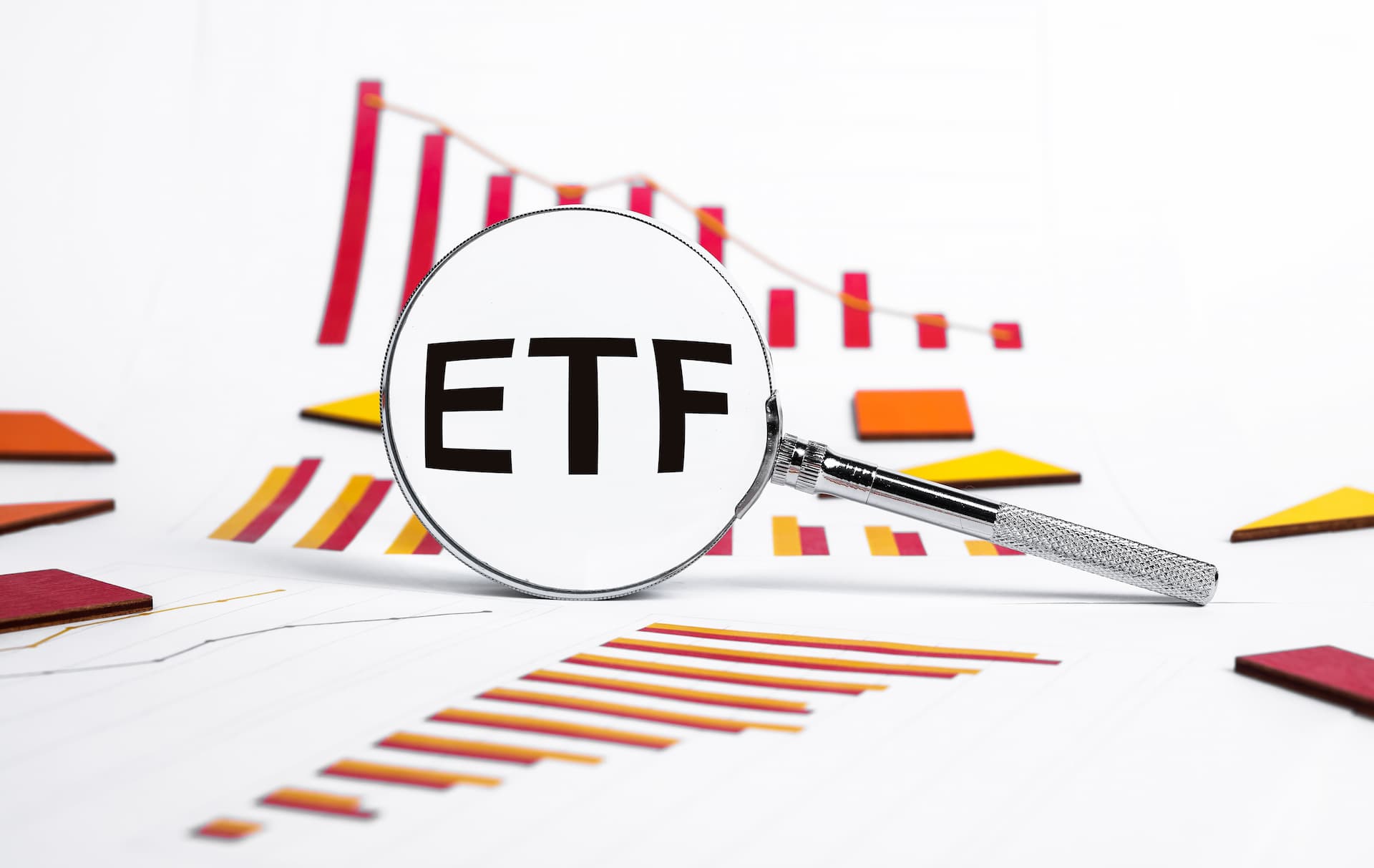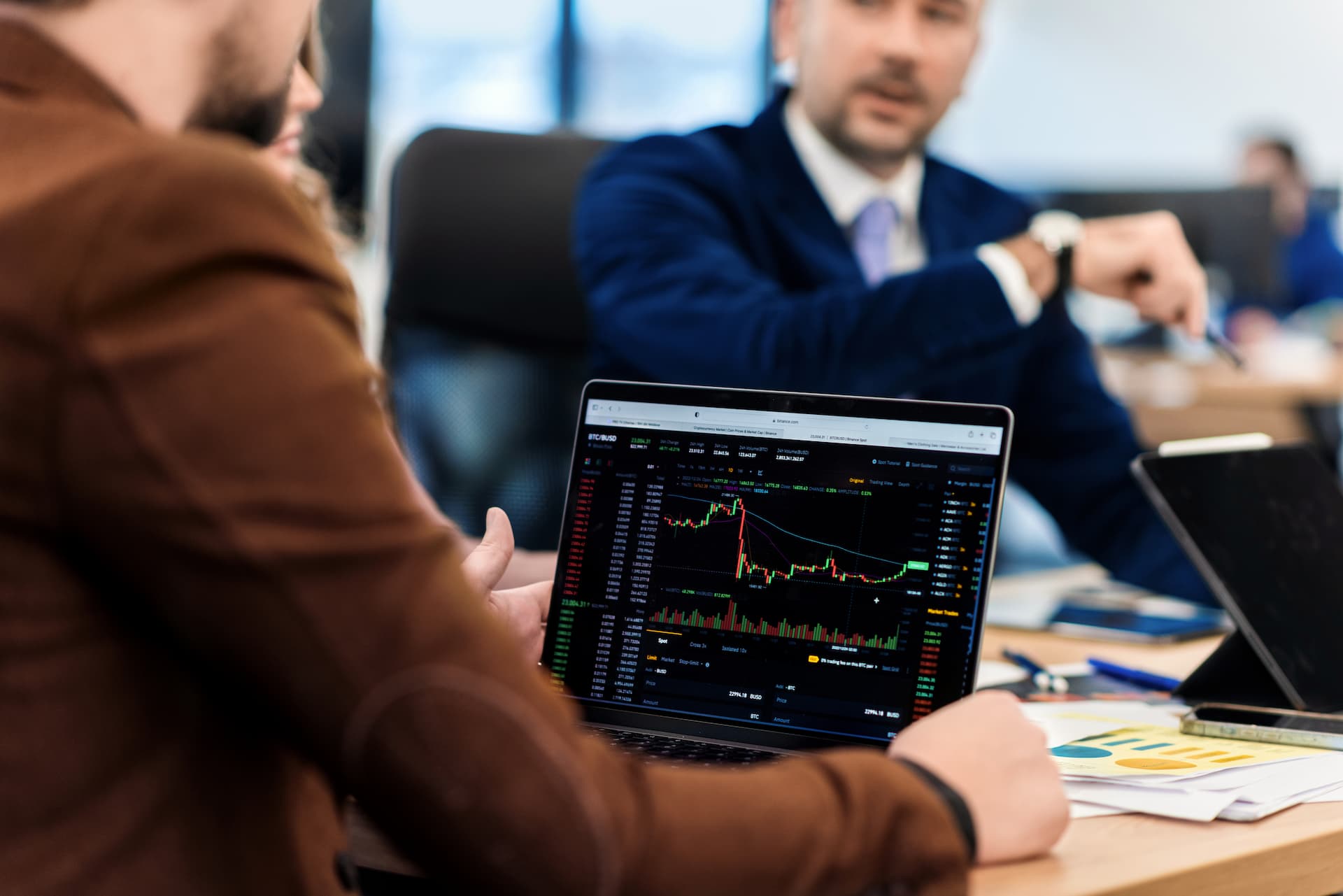How Futures Trading Works
Discover the mechanics of futures trading, including long and short positions, margin requirements, and settlement processes. Learn more about futures trading on 24markets.com.

Futures trading is a dynamic and complex aspect of financial markets that involves agreements to buy or sell assets at a predetermined price on a specified future date. Understanding how futures trading works can help you grasp its potential and navigate its intricacies effectively. This guide provides a detailed overview of futures trading, including its mechanisms, benefits, and practical applications.
What is Futures Trading?
Futures trading involves buying and selling futures contracts—standardized agreements to purchase or deliver an asset at a future date. These contracts are traded on organized futures exchanges and cover various assets, including commodities like oil and gold, financial instruments, and market indices. Futures trading allows investors and traders to speculate on price movements or hedge against potential risks. To get started with understanding futures contracts, visit 24markets.com’s comprehensive futures guide.
How Futures Contracts Work
Futures contracts are standardized in terms of quantity, quality, and delivery dates, which makes them tradable on futures exchanges. Here’s a breakdown of how these contracts work:
-
Standardization: Each futures contract specifies the asset, quantity, quality, and delivery date. This standardization ensures consistency and facilitates trading on exchanges. For more details on how contracts are standardized, check out 24markets.com’s contract specifications.
-
Margin Requirements: To trade futures, you need to post an initial margin—an upfront deposit that acts as collateral for your position. This margin requirement varies depending on the contract and the exchange. Margins help ensure that traders can cover potential losses. To understand margin requirements and their impact on trading, explore 24markets.com’s margin insights.
-
Leverage: Futures trading involves leverage, which allows you to control a large position with a relatively small amount of capital. While leverage can amplify returns, it also increases risk. Properly managing leverage is crucial to avoid significant losses. Learn more about leverage and its effects on futures trading at 24markets.com’s leverage guide.
-
Settlement: Futures contracts can be settled in two ways: physically or financially. Physical settlement involves the actual delivery of the underlying asset, while financial settlement involves paying or receiving the difference between the contract price and the market price at expiration. For an overview of settlement methods, visit 24markets.com’s settlement guide.
Trading Futures: A Step-by-Step Overview
-
Choosing a Market and Contract: The first step in futures trading is selecting the market and the specific contract you want to trade. This could be a commodity, financial instrument, or index. Each contract has unique characteristics, so it’s essential to choose one that aligns with your trading strategy and goals. Explore different markets and contracts at 24markets.com’s market section.
-
Opening a Futures Account: To trade futures, you need to open a futures trading account with a brokerage firm. This account allows you to execute trades and manage your positions. Ensure that the broker offers access to the futures markets you’re interested in and provides the necessary trading tools. For tips on choosing a futures broker, check out 24markets.com’s broker selection guide.
-
Placing an Order: Once you have a futures account, you can place orders to buy or sell futures contracts. Orders can be market orders, limit orders, or stop orders, depending on your trading strategy. Market orders execute immediately at the current price, while limit and stop orders specify price levels for execution. Learn more about order types and their applications at 24markets.com’s trading orders guide.
-
Monitoring and Managing Positions: After placing an order, it’s crucial to monitor and manage your positions. This involves tracking market conditions, price movements, and any relevant news or events that could impact your trade. Use risk management tools like stop-loss orders and take-profit levels to protect your investments. For strategies on managing futures positions, visit 24markets.com’s position management resources.
-
Closing or Rolling Over Positions: Before the contract’s expiration date, you need to decide whether to close your position or roll it over to a future contract. Closing involves selling your position to realize any gains or losses, while rolling over involves entering a new contract with a later expiration date. Understand the implications of each option and choose based on your trading objectives. For more on closing and rolling over futures contracts, explore 24markets.com’s rollover strategies.
Benefits of Trading Futures
Futures trading offers several advantages, including:
- Leverage: Control large positions with a small amount of capital, potentially increasing your returns.
- Liquidity: High liquidity in major futures contracts allows for easy entry and exit from trades.
- Diversification: Access to a wide range of asset classes, including commodities, indices, and financial instruments, enhances portfolio diversification.
- Transparency: Futures exchanges provide transparent pricing and trading information, promoting fair and efficient markets.
For a deeper understanding of these benefits, explore 24markets.com’s futures benefits section.
Risks of Trading Futures
While futures trading can be profitable, it also comes with risks:
- High Leverage Risks: Leverage can magnify both gains and losses, increasing the potential for significant financial risk.
- Market Volatility: Futures markets can be highly volatile, leading to rapid price changes and potential losses.
- Complexity: Futures trading involves complex pricing mechanisms and terminology, which can be challenging for beginners.
- Margin Calls: Failure to maintain sufficient margin levels can result in margin calls and forced liquidation of positions.
To learn more about managing these risks, visit 24markets.com’s risk management resources.
Conclusion
Understanding how futures trading works is essential for anyone looking to participate in this dynamic market. By learning about futures contracts, trading processes, benefits, and risks, you can develop a more informed and strategic approach to futures trading. For further details and resources on futures trading, explore 24markets.com’s comprehensive guide.

Article by:
Sofia De Luca
Education Center Specialist 24markets.com
TAGS
Latest Education Articles
Show moreTake your trading to the next level.
Join the broker built for global success in just 3 easy steps. A seamless experience built for traders who value speed and simplicity.

Create Your Account

Make Your First deposit




